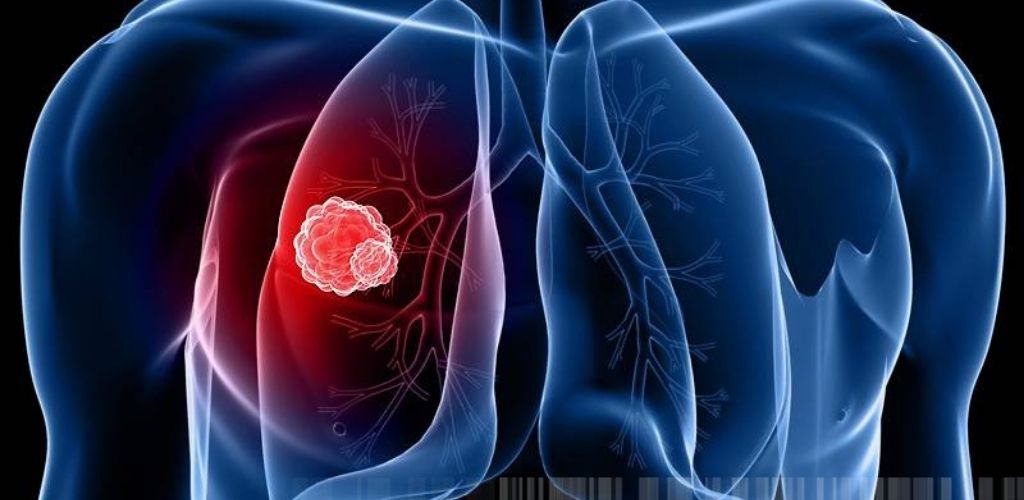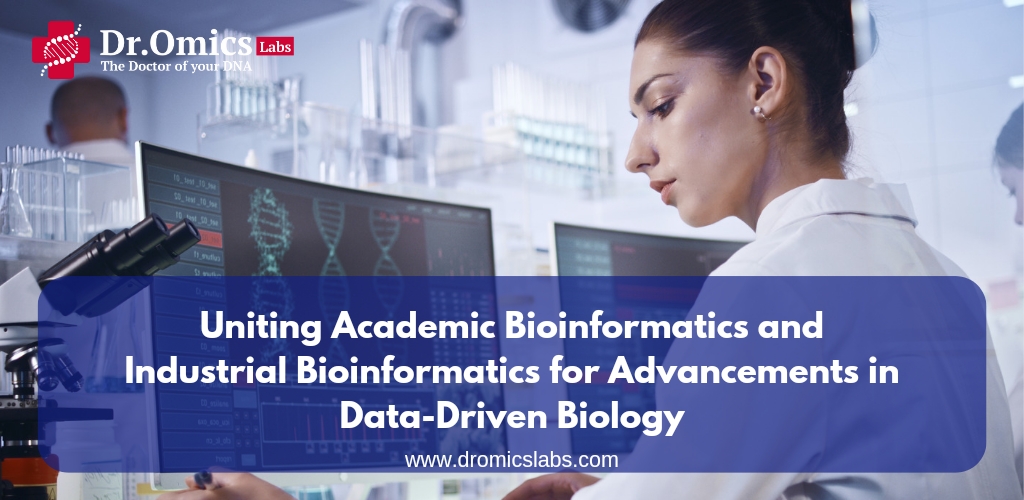In the world of cancer research, bioinformatics tools and databases are like super-powered detectives, helping scientists make sense of complex genetic data. Let’s explore some key tools that are making a big impact:
- TCGA: Your Genomic Encyclopedia
Imagine a massive library containing genetic information from over 11,000 cancer patients. That’s TCGA! It’s a goldmine for researchers, offering details on gene activity, DNA changes, and mutations. This helps scientists spot potential clues for diagnosing and treating cancer
- COSMIC: The Mutation Catalog
COSMIC is like a database of genetic ‘typos’ found in cancer. It’s a treasure trove of information on different types of mutations—like changes in the genetic code. Researchers use COSMIC to figure out which mutations might be driving cancer and understand their effects.
- GATK: The Data Detective
GATK is a smart toolkit for analyzing genetic data. It helps researchers discover genetic changes, identify mutations, and ensure data quality. Think of it as a detective kit helping scientists unravel the mysteries hidden in the genetic code.
- IGV: Picture Your Genes
Ever wanted a visual guide to understand genetic data? IGV is like a map for researchers. It’s a user-friendly tool that helps them ‘see’ genetic changes—like mutations and alterations. This visual aid makes it easier to understand and interpret complex genomic information.
- CIViC: Linking Genes to Treatment
CIViC acts as a bridge between genetic details and real-world treatment. It’s a database that provides insights into how specific genetic changes in cancer may impact treatment decisions. Researchers use CIViC to find potential targets for personalized cancer treatments.
In conclusion, these tools are like superheroes for cancer researchers. They help analyze huge amounts of genetic data, allowing scientists to better understand the causes of cancer and develop more effective treatments. TCGA, COSMIC, GATK, IGV, and CIViC are just a few heroes in the larger team working towards defeating cancer.
References
- Bioinformatics tools and databases for analysis of next-generation sequence data in oncology. (n.d.). Bioinformatics, 11(1), 12. Retrieved from https://academic.oup.com/bfg/article/11/1/12/191515
- Genome sequencing and next-generation sequence data. (n.d.). Scientific Research, 5, 30744. Retrieved from https://www.scirp.org/journal/PaperInformation?PaperID=30744
- Bioinformatics for Clinical Next Generation Sequencing. (n.d.). Clinical Chemistry, 61(1), 124-130. Retrieved from https://academic.oup.com/clinchem/article/61/1/124/5611448
- Bioinformatics Tools and Software. (n.d.). SpringerLink. Retrieved from https://link.springer.com/chapter/10.1007/978-981-33-6191-1_2
- Bioinformatics tools and databases for analysis of next-generation sequence data in oncology. (n.d.). Europe PMC, 4. Retrieved from https://europepmc.org/article/MED/22184335




